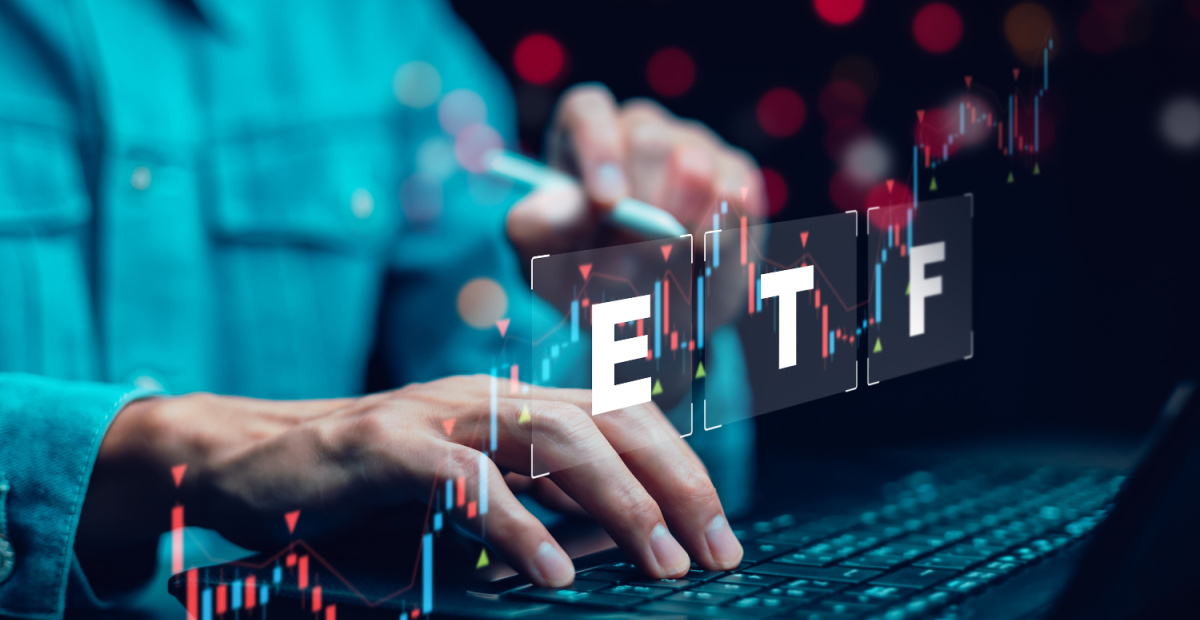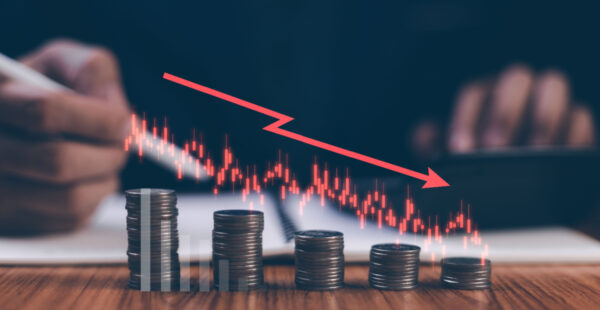BlackRock’s ETF class of ’07 continues onwards and upwards

The malleable and transparent structure of exchange traded funds (ETFs) means specialist providers have been able to rapidly respond to both macro and emerging thematics and capitalise on their rising popularity among investors. But for BlackRock’s iShares ETF suite, it’s its original class of 2007 that has weathered the storms and continued to deliver for investors.
In 2024, BlackRock celebrated both an achievement and a hit a milestone: the iShares Global 100 ETF (IOO) won the ETF Product category at the Fund Manager of the Year Awards 2024 in September, and the iShares S&P 500 ETF (IVV) exceeded AUD$10 billion in assets under management (AUM) just three months later.
These two members of BlackRock’s original line-up first listed in 2007 in Australia have maintained their status as stalwarts among the range of newcomers over the last 18 years, benefitting from their mission statement: offer investors exposure to familiar, household names through a longstanding, tried-and-tested strategy.
The ETFs were in a particularly strong position due to the US Presidential election in 2024, of which the outcome finally revealed in November would cause a surge in confidence in US equities.
“I think the benefits of ETFs are as true today as they were in 2007 when we launched the iShares range here in Australia, and investors continue to understand the benefits of ETFs being diversification, liquidity, transparency, and cost effectiveness,” James Waterworth, Director, Wealth Distribution at BlackRock Australia, told Financial Newswire.
“Australian investors tend to, like many other markets, have a home bias. The first market you tend to look abroad to is the US. There’s a lot of familiarity with the S&P 500 index here as well. The underlying constituents of the S&P are household names that people are very familiar with and they want to have exposure to them within their portfolios.
“ETFs are sometimes described as providing markets on demand and they are an investment tool that provides choice across asset classes for investors to get exposure as they see fit, whether that be in equities, fixed income, cash, and more. ETFs have become incredibly popular because no matter what’s happening in markets you can tweak your portfolio accordingly to either take advantage of something or potentially take some risk off the table if you want to be more cautious.
“For this particular ETF, it’s no different. Demand will ebb and flow, but the US obviously has incredible momentum behind it at the moment. Our ETF is benefitting from that from a price appreciation perspective and in the increased appetite for US equities, as more Australian investors become aware of the merits of the US equity market. It’s obviously got an incredibly dynamic capital market ecosystem, the leading shares and household names that have been at the forefront of innovation and very famously aligned to technology. People want to participate in those fast-growing and profitable companies.
“With the election, markets don’t like uncertainty. When you remove some uncertainty now we know the outcome of that election, that certainly buoyed markets and gave people comfort that the markets would have sustained growth.”
The Magnificent Seven have undeniably paved the way for any and all future innovation and technological transformation, despite facing growing concerns over an artificial intelligence (AI) bubble, not dissimilar to the 1990s’ dot-com bubble, do what some commentators perceive as over-exposure.
However, the BlackRock Investment Institute maintains that rather than a bubble, AI is a “transformative force akin to the industrial revolution”, Waterworth said.
“We don’t think this is a short-lived hype and we believe AI could radically reshape economies and markets. The BlackRock Investment Institute lays out a three-phase framework – build out, adoption and transformation – to track the progress and help adjust investors’ portfolios along the way. Their belief is that we’re still in that build out phase.
“This includes a broad infrastructure boom and involves huge investment in data centres, chips, power systems and more. The next phase is adoption. As we see AI adoption broaden, companies such as app developers may drive the next wave of growth and they’ll be different from the winners of today.
“The future winners may emerge in unexpected areas and the investment institute lays out that productivity gains in one sector may then drive value creation elsewhere. They’re conducting more research to understand where the opportunities lie across emerging revenue streams, cross-sector impacts and potential in private companies before they go public.
“Trying to spot the next big thing is always hard. But we and others are trying to do exactly that.”
And where undiscovered opportunities may lie while the focus remains on the US for the foreseeable future include Japanese equities, infrastructure and defensive assets.
“Japan has had a huge amount of corporate reforms, and so we have a brighter outlook for their economy as earnings and shareholder returns improve.
“Investors have been seeking diversifiers away from traditional equities and bonds, and infrastructure has been a beneficiary of that. We’ve raised north of $600 million in our iShares Core FTSE Global Infrastructure (AUD Hedged) ETF in the 12 months to 30 November 2024.
“The BlackRock Investment Institute is also advocating for granularity and to be more active in portfolios. And that’s not necessarily expressed through active funds. It could be being more tactical and tweaking portfolios. We’re seeing inflows to things like global REITs and emerging markets.
“Investors have also continued to recognise the benefits of having some ballast in your portfolio, such as some defensive assets like fixed income and government inflation-linked bonds; our iShares Core Composite Bond ETF is sitting at approximately $500 million and our iShares Government Inflation ETF at approximately $260 million.”
But as markets and thematics continue to evolve, Waterworth said BlackRock won’t be as quick as others to expand its product range and lose sight of the success its original line-up has continued to bring.
“We’re continually looking at our line-up of ETFs and seeing where the demand is for different strategies, as well as considering client feedback.
“We can see trends that are happening offshore and we try to understand whether they could be applicable here in Australia as well. We’ll be able to share in due course, but there’s an incredibly exciting 2025 ahead.
“Sometimes the old stuff’s the best stuff. The ETFs like IOO and IVV, which are the original class, are still delivering for investors. We’re incredibly proud of our existing line-up, but we will be judicious about adding exposures to create more choice and for advisers and investors to build better portfolios.“











As the ACTU put together this statement whilst on the food and piss in the ISF members paid for MCG…
Does this mean APRA and ASIC staff are no longer welcome at the union fund super boxes at the NRL…
Couldn't care what the ACTU think. Just another diversion. They should be quiet. Ask yourself, if we started super again…
Based on this principle, advisers or super call centres recommending portfolio switches into Balanced Industry super options should be caught…
Members who paid $1.20 for something that was actually worth $1.00 should be compensated if the valuations were incorrect. Where…